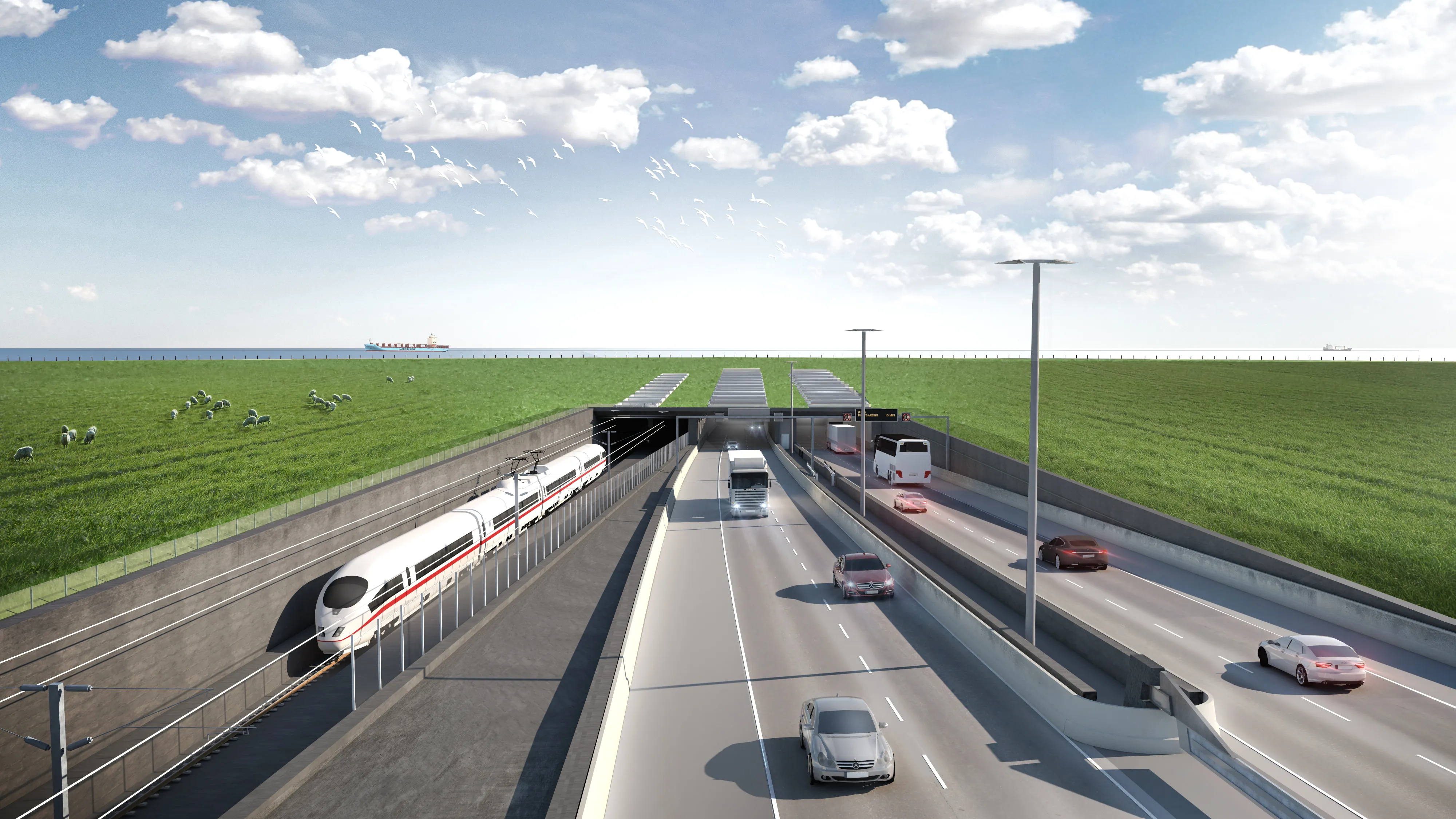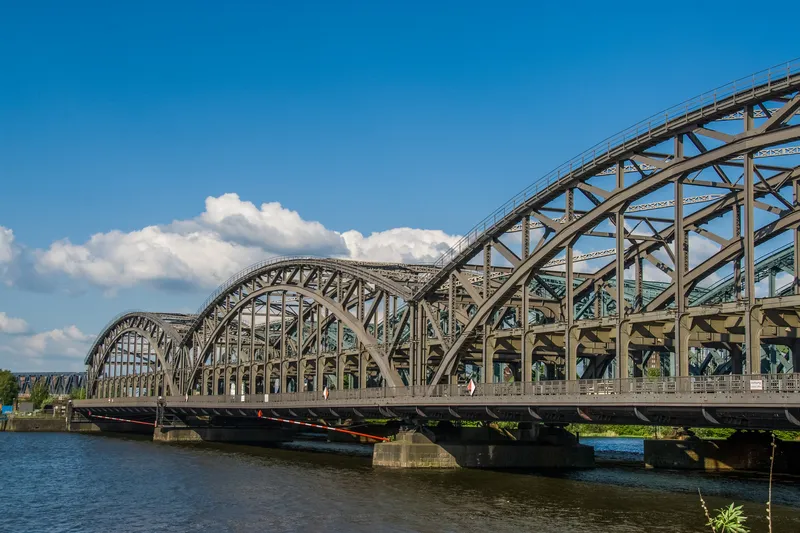
Doka will provide its comprehensive formwork expertise on the Fehmarnbelt Tunnel project, which will be the world's largest immersed tunnel for road and rail traffic.
The Fehmarnbelt Fixed Link is an important element in the green transition for the European transport sector. The link will be an 18km immersed tunnel between Rødbyhavn on Lolland island in Denmark and Puttgarden on Fehmarn island in Germany. It will essential be another link connecting Scandinavia with the rest of Europe. When complete in 2029, the tunnel will be the world’s longest immersed tunnel for cars and trains.
Sustainability is positioned at the heart of the project. “It is determining the way the tunnel is constructed and will be the framework for operations when the tunnel is finished,” said Robert Hauser, chief executive of Doka. “This approach works only if you have partners who share the same mindset. We are very pleased to be able to apply our expertise as a global leader in formwork construction for such a significant infrastructure project in the European transport network."
Construction work for the tunnel is taking place on land and at sea. Doka will be responsible for the construction of the tunnel entrances and ramps on both the Danish and German sides. The scope of work includes, among others, the construction of cut-and-cover parts of the tunnel, the buildings at the entrances and exits and the ramps, as well as light attenuation of the tunnel, various structures and landside civil work.
The completed Fehmarnbelt Tunnel will accommodate a four-lane highway, as well as a two-track electrified rail line. In addition to a direct road connection between Scandinavia and Central Europe the tunnel will create a green transport corridor with a fully electrified railway to encourage the shift of freight traffic from road to rail. The tunnel will also help lower carbon emissions by reducing fuel consumption as the distance between Hamburg and Copenhagen will be cut by 160km.
This will also amount to a driving-time saving of around two hours. Respect for nature and the environment is a top priority in the construction and subsequent operation of the Fehmarnbelt Tunnel. Doka uses methods and materials that have a positive impact on the environment in all its projects. Doka said that it is the first company to introduce “authentic and transparent emissions data for its portfolio of 6,000 products”.
Doka, based in Austria, has more than 160 sales and logistics facilities in over 60 countries, employing 6,800 people worldwide. It is part of the Umdasch Group, also based in Austria.







